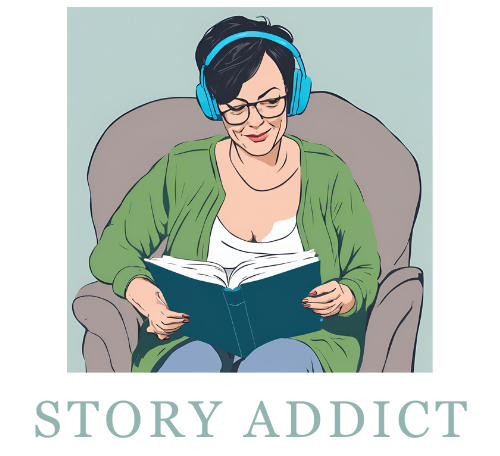
31 July 2023
Most of us would have happily slept through the COVID-19 pandemic. Interestingly, researchers have discovered the pandemic impacted our sleep patterns – for the better.
What was studied
Researchers studied:
- how sleep duration changed during the COVID-19 pandemic
- whether the change was different for people of different gender, race/ethnicity, and level of education.
Sleep inequality before the COVID-19 pandemic
It may shock you to know (it certainly shocked me) that in pre- and post-pandemic America:
- working aged women sleep less than men
- Black adults and Hispanic adults sleep significantly less than non-Hispanic White adults
- people with more education sleep significantly longer than those with no education.
We all slept longer during lockdown
During the initial months of the pandemic people reported sleeping longer hours. With lockdowns enforced to stop the virus’s spread, more time at home meant more time to rest.
Sleep increased the same amount across genders, race/ethnicity and levels of education.
Back to fatigue as normal
These sleep-ins were short-lived. By September 2020, sleep time reduced and returned to usual levels.
And a reminder about the importance of sleep….
The researchers also remind us that sleep is crucial for our well-being. Prioritise healthy sleep habits!
Citation
Connor Sheehan, Longfeng Li, Megan E. Petrov, How did trends in sleep duration in 2020 compare to previous years and how did they vary by sex, race/ethnicity, and educational attainment?, Sleep Medicine, Volume 101, 2023, Pages 570-577, ISSN 1389-9457.
